There have been a surprising number of articles recently discussing the art of making a movie star (if you consider Feb and March recent in June). It’s an occasionally discussed topic, especially whenever you start comparing the current slate of “movie stars” against the old guard. Lately, the subject of conversation has been Tom Hardy (Vulture) and Channing Tatum (NY Times), which I find odd since neither really is movie star material.
But then that very statement demands a clarification. What exactly is a movie star? Do you have to differentiate between a movie star and a character actor? What about a movie star and a celebrity? So before we jump into comparing movie stars then and now, let’s get a few things straight.
Celebrity – person who is famous without being especially talented (or without any discernible skill at all). i.e. reality stars and bad actors who are nonetheless famous. “If I could tell studios one thing, it is less emphasis on the abs, more attention to the acting.” (NYT 3.12)
Obviously this can encompass both of the other categories, but for the sake of this article we’re going to go with the lowest common demoninator definition.
Character Actor – someone who is really talented and can fade into a multitude of characters but could never carry their own film. It’s easy to think of this as talented actors who just aren’t pretty, but it’s not always that simple.
Movie Star – Talented (at least enough), pretty therefore of course famous. But more than the pretty, more than the acting skill there’s something about them that draws the audience in, a gravitas that allows them to not only carry a film but for that film to make $100M.
That charisma of a Movie Star is one of the most crucial points that will thread through this whole discussion. At some level, audiences go see a Brad Pitt movie because they want to see Brad Pitt. Of course we hope he convinces us he’s Achilles or Tristan or Tyler Durden. But when a Movie Star disappears too deeply into a role or deviates from what we like to see them in, we don’t go see the movie.
“Consumers are savvy, and whenever a trailer comes out with a Clooney or Pitt movie, they’re very wary, scrutinizing it for whether it’s the George and Brad they love or something else entirely.” (THR 5.08).
So when trying to define a Movie Star, an important question to ask is, “Do we want to always see a glimmer of this person in their roles?”

Do people love Tom Hardy because he’s a great actor and can powerfully connect you to whatever character he’s playing? Or, a little bit, do you want to see Tom shine through the character?
That’s why he’ll always be more of an Actor than a Star. He’s like Karl Urban who works a ton and who some people love and who even carries a film here and there but mostly does supporting work in big films.
The backlash to that is Quicksilver Hype. An actor does one or two small movies, or comes off a successful tv show, and is suddenly expected to carry a $150M blockbuster. Two decades ago, even after someone like Julia Roberts launched into public consciousness, she still did 10 movies in the next 7 years that few people saw. They weren’t her big hits or her romantic comedies. They were solid mid-budget films; the machinery of the industry making movies that she headlined, allowing the audience to become more familiar with her, hone her craft, really learn how to carry a movie by doing it over and over again. Then, only a decade later, was she expected to draw in a $100M box office. And she did.
“There’s less time for actors to hone their skills. They’re suddenly being asked to carry films, being pushed at audiences way too soon. There’s no sense of discovery.” (EW 8.04)
The other half of Quicksilver Hype is the reality tv side of the entertainment industry.
“Why turn out for a favorite star’s movie if you can watch him walk his dog on TV and the Internet?” (THR 5.08)
If, in part, we go see a Tom Hanks movie because we like Tom Hanks, then why spend $11 to see him in a movie when I can catch interviews on Access Hollywood and read People magazine and find paparazzi photos online or talk to him on twitter? Once an actor hits the media’s radar everyone is watching every choice they make, talking about every role, speculating on box office returns. The paparazzi follow them to the grocery store and pry into their personal lives and any consideration of artistic skill gets left in the dust of incessant media output (i.e. Robert Pattinson). The constant attention we pay to celebrities makes it hard for actors to move beyond Celebrity to Movie Star. They do a lot better when they can just make movies and we aren’t looking so closely.
Of course there are other factors to consider and both The Hollywood Reporter (in 2008 and again in 2009) and EW (in 2004) make interesting observations as to why Movie Stars aren’t as big or as bankable as the stars of decades past (generally the late 80s-early 00s). Of all the points they discuss, though, probably the most impactful is the nature of movies being made.
Back when the big stars were making it big, movies were star driven vehicles. The plot almost didn’t matter, even lesser stars could get the most ridiculous movie made and it would earn well at the box office (I kid you not, Kindergarten Cop made $91M – Twins? $111M). And in a lot of ways, at the time, that was a viable method of making movies.
Since Top Gun, Tom Cruise has been in only 2 movies (out of 24) that made less than $50M and a total of 5 that made less than $70M. Tom Hanks made 6 movies in 4 years that earned between $115M and $215M (THR 5.08).
But things are different now and studios make concept films rather than star vehicles. The Hollywood Reporter had a fascinatingly insightful article (11.10) about Marvel who, in many ways, has established how to make a concept film.
“What more and more studios are saying is, ‘Let’s find a concept we can market to all four quadrants, and once we have that, then we’ll get the best person who can fit that concept.’ ” (THR 5.08)
It gives the talent considerably less leverage and it also disassociates the audience from the star. You don’t go see a Chris Pine movie. You go see Chris Pine in Star Trek.
Channing Tatum has made 16 movies in 5 years and almost half have earned over $75M. It’d be easy to think he has star material (like the NY Times does). But do you think all that money is because people went to see a Channing Tatum movie? Or because he made smart choices of books, reboots and franchises?
He’s humble and honest and he seems like a nice guy who works hard but he’s never going to be anything more than a successful working actor. Which isn’t bad. At least he’s not just a Celebrity.
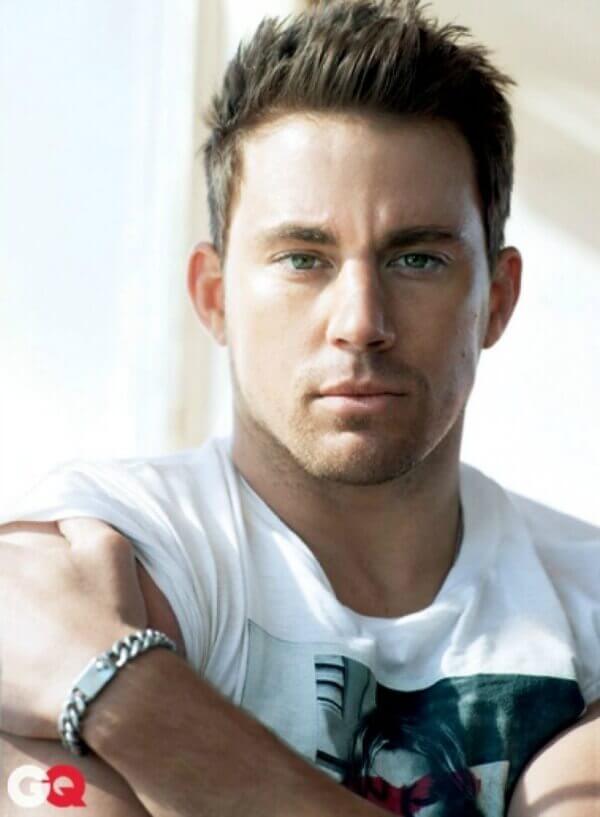
In fact, as you look at the landscape of young stars, it gets harder and harder to find a Movie Star. “We need someone who can be funny and be dramatic and kiss the girl and can carry a gun,” says Mark Waters, director of Freaky Friday. “When you are looking for guys in their late 20s and early 30s, there really isn’t a lot to choose from.” (THR 5.09)
I don’t entirely agree with Mr. Waters (and not just because he cast Chad Michael Murray). I think if you look closely at young actors today, it becomes clear that the potential is there.
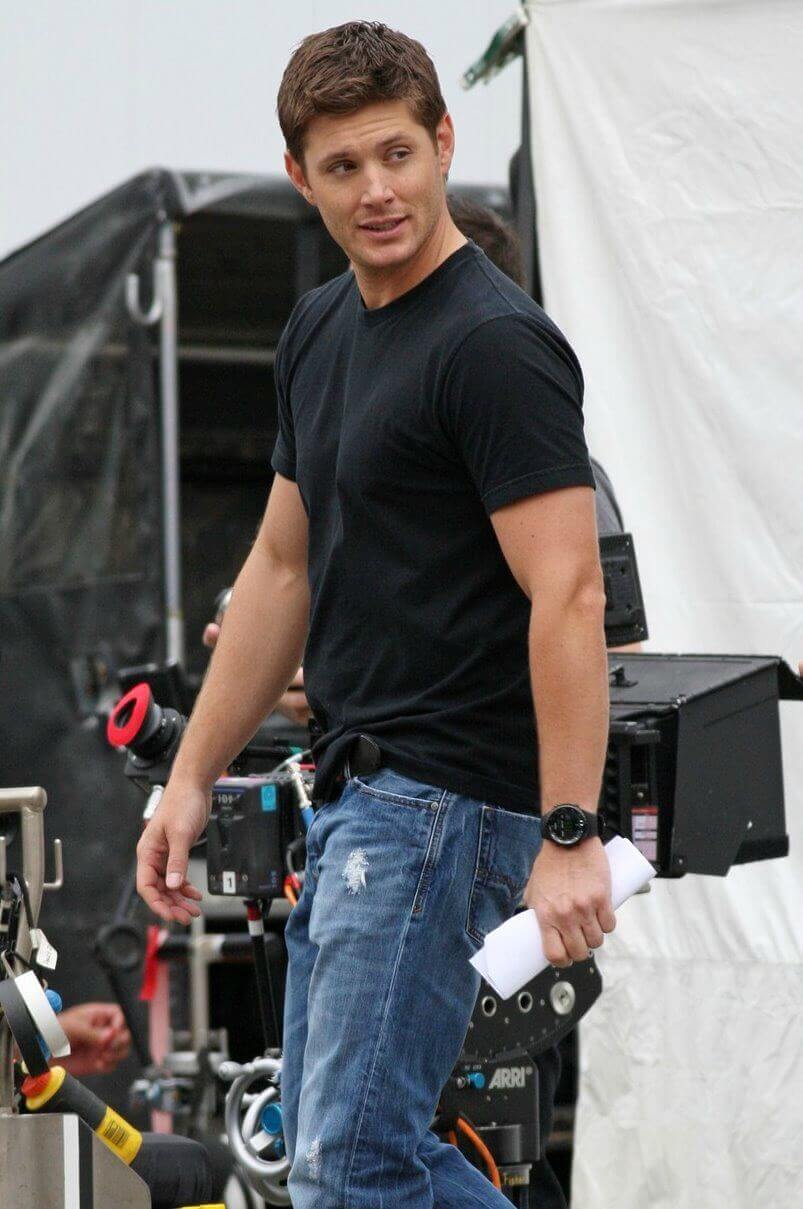
Jensen Ackles, is always left off the list because he’s just a tv actor. And yet, his tv show has given him ample opportunity to prove his talent and versatility, and he’s pretty and charismatic. But he’s certainly not a movie star. Not yet. But if he played his hand well (and made smarter choices on hiatus) he has what it takes to be propelled into Movie Stardom.
But you never know, Leonardo DiCaprio is a massive Movie Star, but he consistently chooses artistic roles that undermine his charisma.
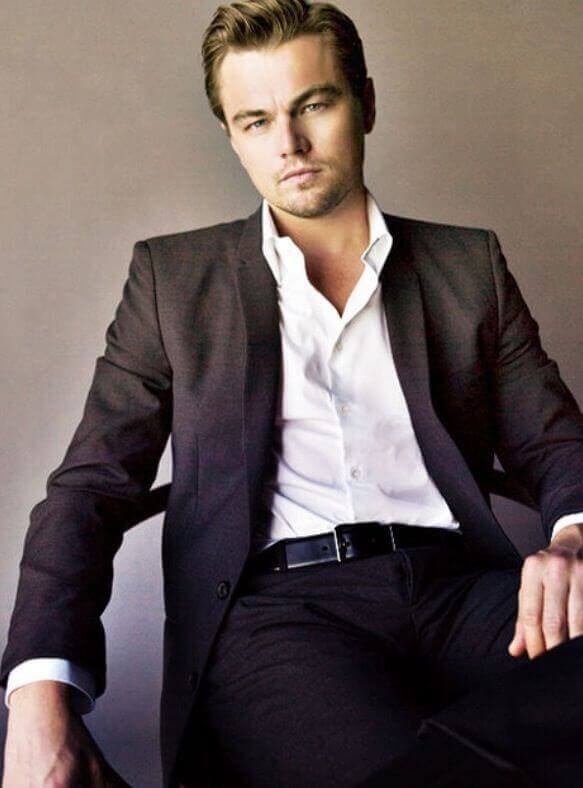
“Then again, the stars themselves are a big reason for these changes. In the past, A-listers, by design or by circumstance, hewed closely to the commercial fare that made them famous, but today’s stars are more adventurous.” (THR 5.08)
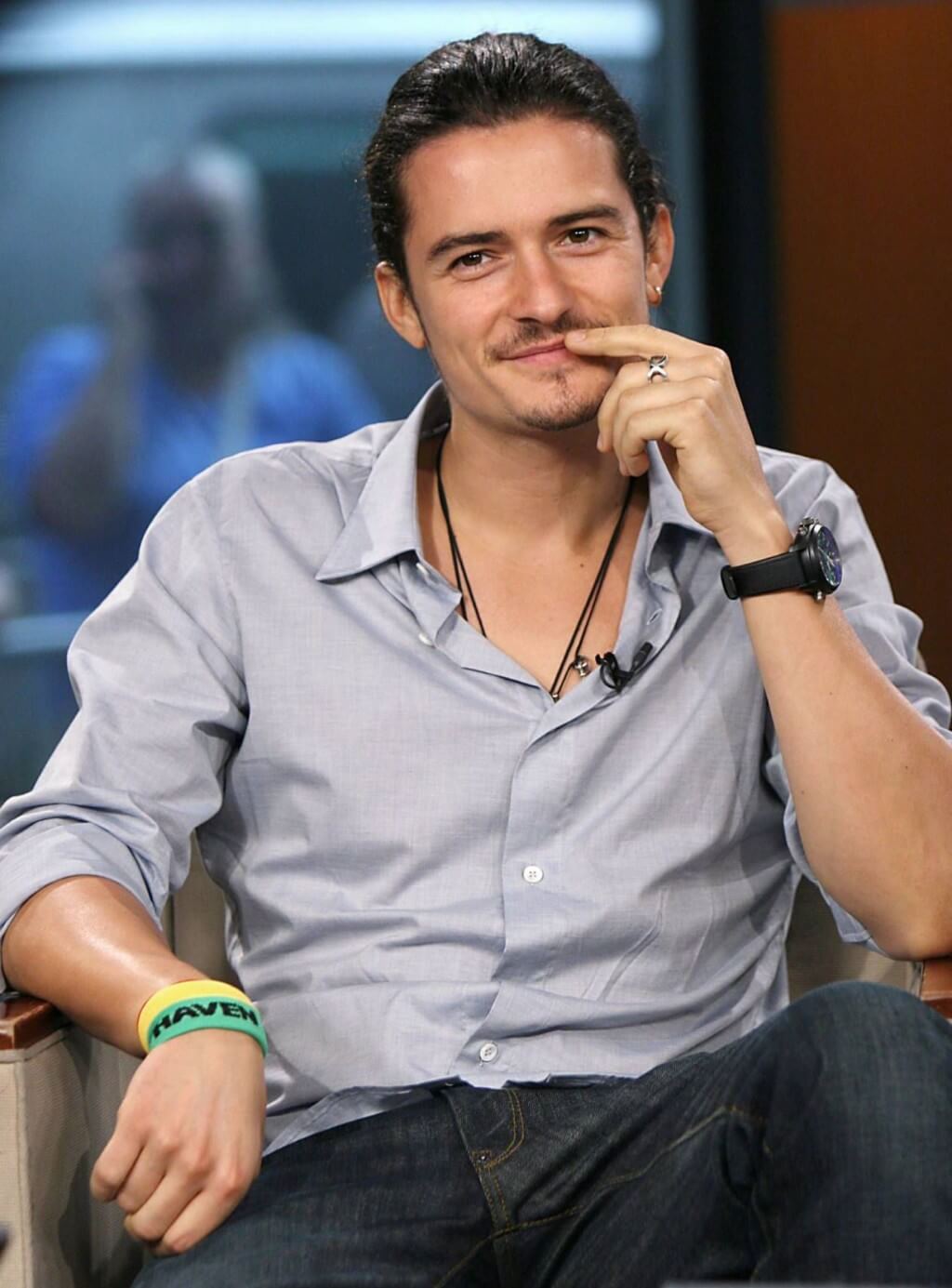
Orlando Bloom showed a lot of promise but failed to deliver the performances that would solidify him as an actor more than a pretty boy in concept movies. A few smart, mid-budget, solid movies would have gone a long way in establishing him as something more, but we’ve already discussed how the Julia Roberts Road doesn’t really exist anymore.
Garrett Hedlund should be the poster child for Quicksilver Hype after Tron: Legacy. Because he was so poorly directed in Tron, it became difficult to believe he has anything significant to offer before he even had a chance to prove himself. But he was amazing in Country Strong. He carried that movie even though it wasn’t his and no one noticed.
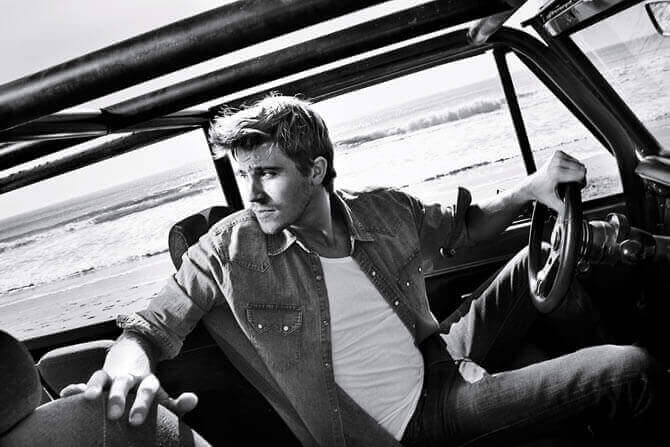
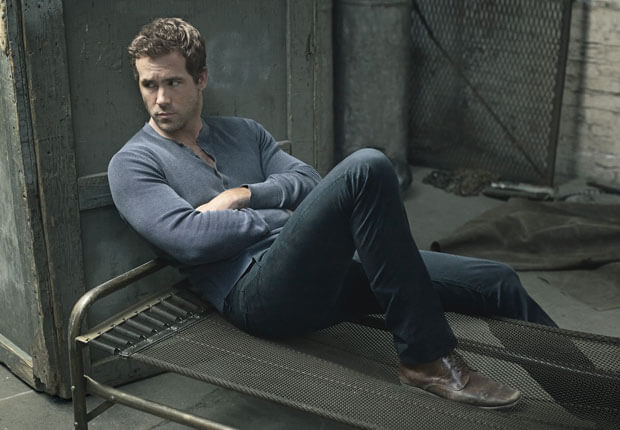
Ryan Reynolds is fascinating and almost a discussion in and of himself. He’s wildly popular and has a lot of name recognition, without ever really carrying a hit film or proving himself at the box office. He’s definitely something more than a Celebrity. Maybe a prettier version of a working actor than Channing Tatum. But he seems to have everything it takes to be a Movie Star. He just isn’t, really.
Chris Hemsworth seems to be on a strong track. He’s handsome enough and has shown the potential for depth but he’s also mostly done big franchise movies. It’ll be interesting to see how well his popularity survives smaller movies that only focus on him.
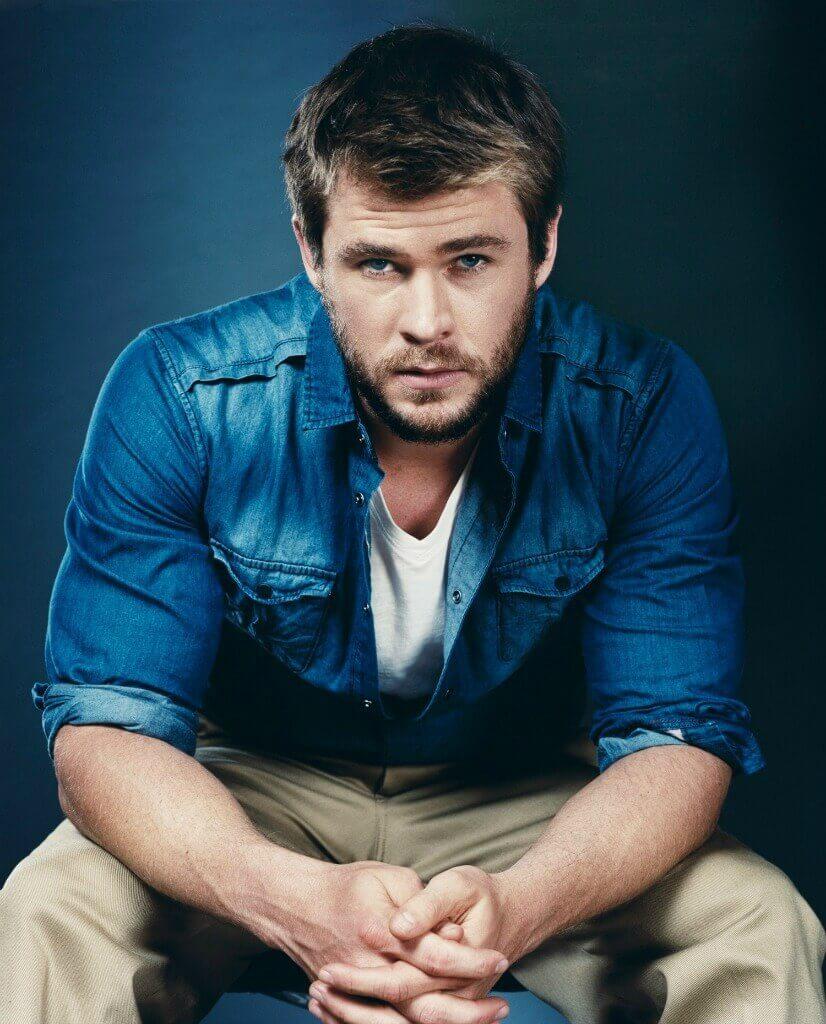
And if the actors aren’t lacking, maybe the system is.
“The younger generation hasn’t found its movie stars yet, except in the tiniest ways. And you can put a lot of the blame on us. We make such meaningless movies nowadays. Everything is so packaged and disposable. Why would anybody make an emotional investment in these films? Why would anybody fall in love with the people in these movies? And you need that to become a star – you need people to feel something when they see you on the screen.” (EW 8.04)
Wow AJ. This is movie maker ellitism at its worst. I’m going to read again and comment further. Maybe some off-line.
I look forward to your thoughts and the discussion that will inevitably follow 🙂
Remember, there is another category I didn’t really highlight which is Actor who works enough to be a respected Celebrity (not the shallow kind I defined) – not quite a Character Actor but isn’t in the stratosphere of Movie Star. That’s where I’d place 80% of the actors currently in Hollywood.